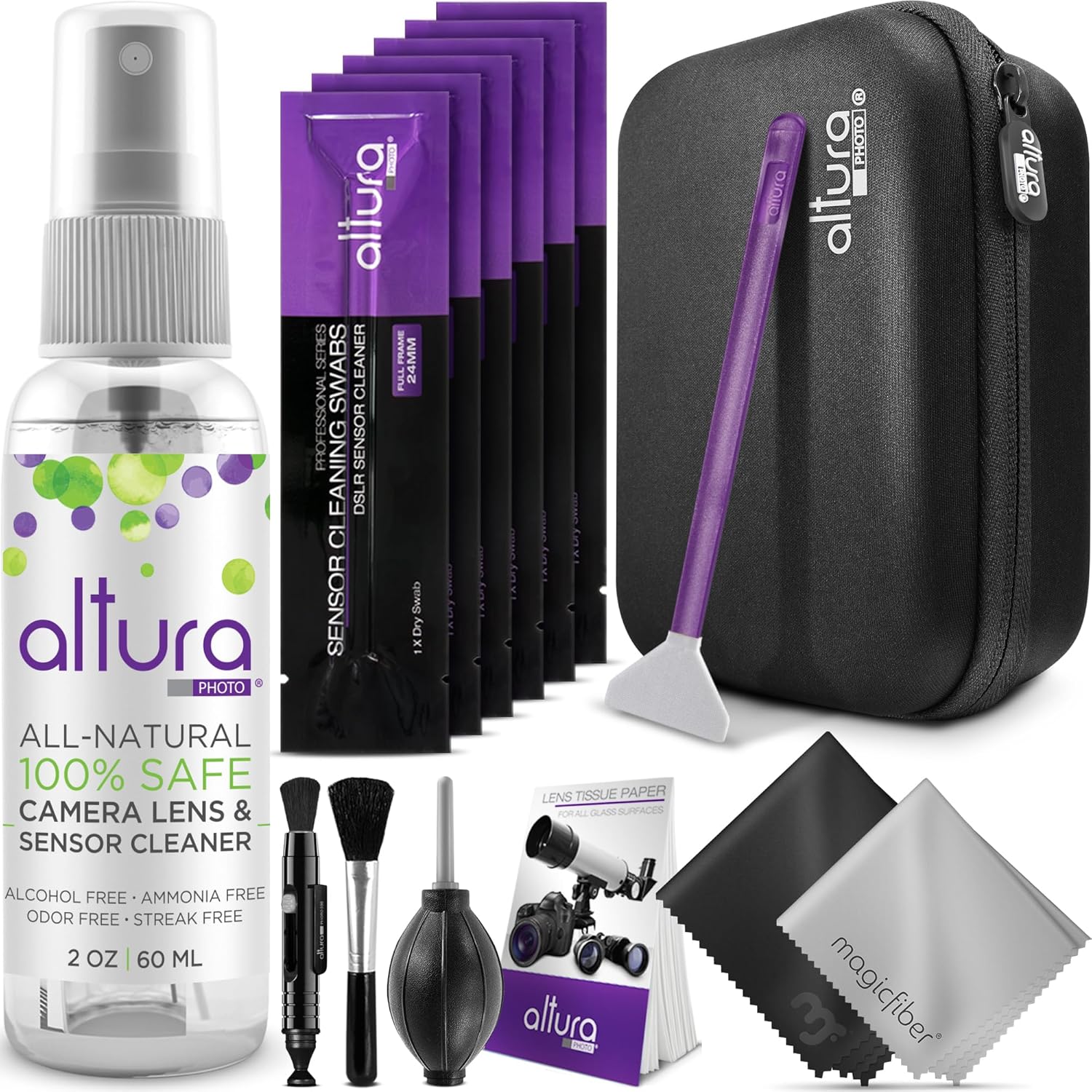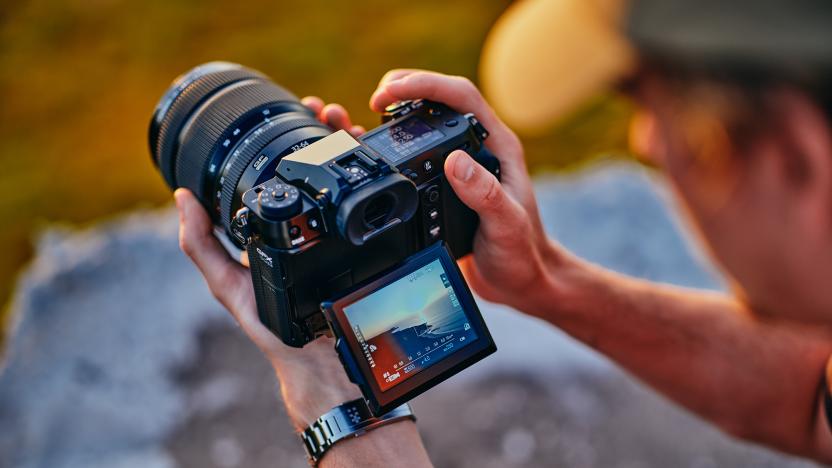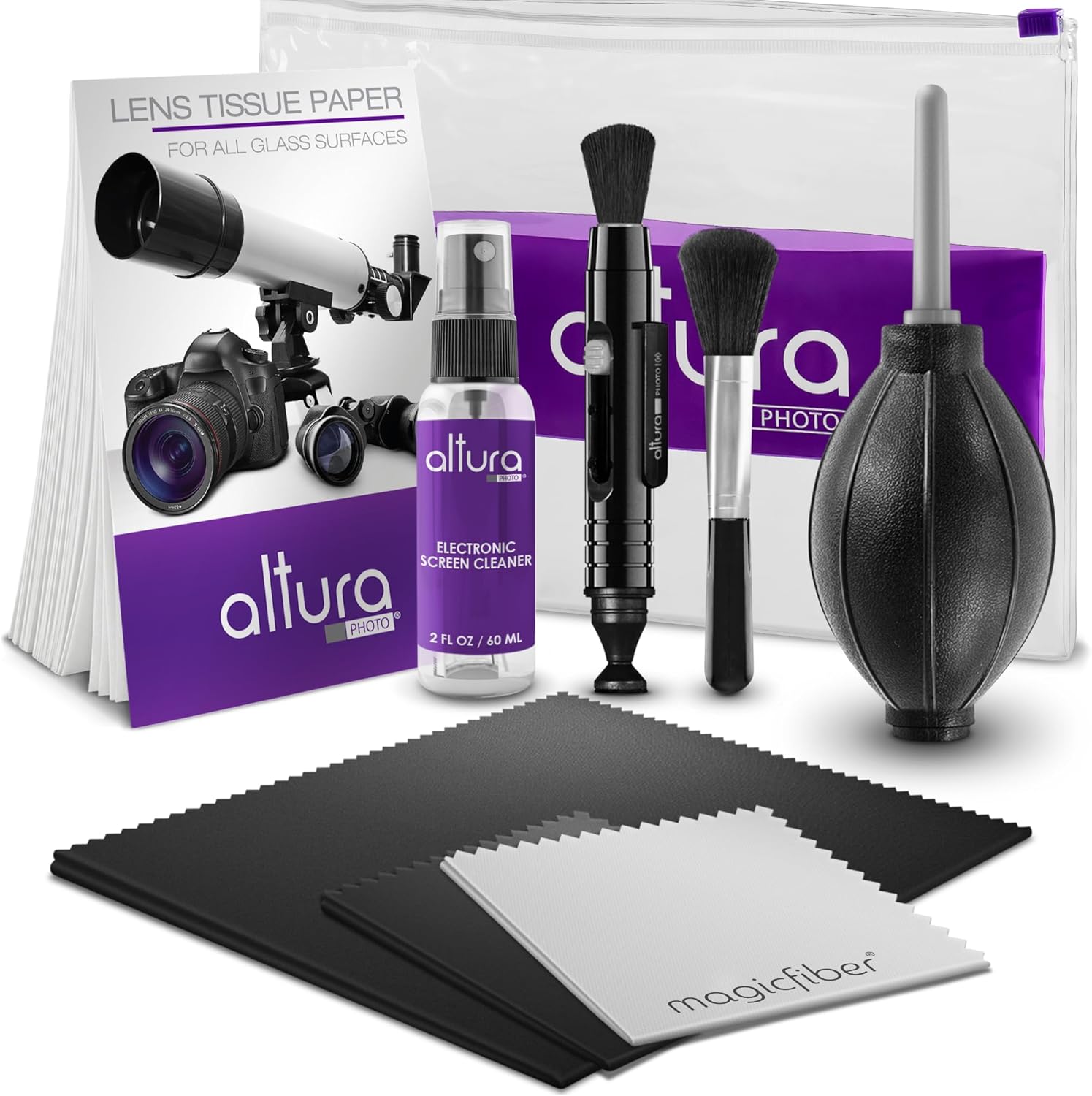Which Brand is Best for Mirrorless Camera for Professional Photographers?
In the realm of photography, one question lingers in the minds of many professionals: which brand is best for mirrorless camera? An era of rapid technological advancements demands that photographers keep their equipment up-to-date, especially in the competitive sector of mirrorless cameras. The aim of this article is to critically analyze the leading brands in the market and help you decide which one stands out in terms of performance, reliability, and innovation.

Understanding Mirrorless Cameras
Before delving into specific brands, it's crucial to understand what mirrorless cameras are and why they have gained such popularity. Unlike traditional DSLR cameras that use a mirror mechanism, mirrorless cameras lack this feature, allowing them to be more compact while retaining high-quality image output. For an in-depth look at the technology behind these cameras, consider reading What is Mirrorless Camera Technology.

Sony: The Innovator's Choice
Sony rocks the market with its cutting-edge technology, making it a leading contender in the race for the best mirrorless camera brand. The Sony Alpha series, particularly the Alpha A7 and A9, have received accolades for their exceptional image quality, advanced autofocus systems, and versatility.
Sony's full-frame sensors and BIONZ X image processors ensure stunning low-light performance and high-speed continuous shooting. These features are a godsend for professionals who need reliability and precision in their work. Moreover, lenses are a critical factor, and Sony offers a wide array of high-quality lenses to complement their mirrorless cameras.
Pros of Sony Mirrorless Cameras
- Exceptional image quality
- Advanced autofocus system
- High versatility
- Wide range of lenses
Cons of Sony Mirrorless Cameras
- High cost
- Shorter battery life

Canon: The Versatile Veteran
Canon, a name synonymous with photography, has successfully ventured into the mirrorless camera market with the EOS R and EOS M series. Known for its user-friendly interface and robust build, Canon offers a seamless transition for those switching from DSLRs to mirrorless systems.
The EOS R5 and R6, in particular, have been lauded for their impressive 8K and 4K video capabilities, making them suitable for hybrid shootersprofessionals who juggle both photography and videography. Canon's Dual Pixel CMOS AF system ensures smooth and fast focusing, even in challenging conditions.
Interested in learning about what to look for when buying a used mirrorless camera? Check out this informative guide: What to Look for When Buying a Used Mirrorless Camera.
Pros of Canon Mirrorless Cameras
- User-friendly interface
- Robust build quality
- Excellent video capabilities
- Dual Pixel CMOS AF
Cons of Canon Mirrorless Cameras
- Limited lens selection compared to competitors
- Higher price point for flagship models

Fujifilm: The Artist's Delight
Fujifilm's mirrorless cameras have carved a niche for themselves, especially among those who appreciate a balance of quality and aesthetics. The X-series, particularly the X-T4 and X-Pro3, has been praised for its stunning color reproduction and classic film simulation modes.
Fujifilm is known for its APS-C sensors, which, while smaller than full-frame sensors, deliver exceptional image quality and dynamic range. The tactile controls and retro design of Fujifilm cameras make them a joy to use, appealing to photographers who value both form and function.
Pros of Fujifilm Mirrorless Cameras
- Beautiful color reproduction
- Classic film simulation modes
- Retro design with tactile controls
- Compact and lightweight
Cons of Fujifilm Mirrorless Cameras
- APS-C sensor may not appeal to all professionals
- Limited third-party lens options
Nikon: The Balanced Performer
Nikon's entry into the mirrorless market with the Z-series has been nothing short of impressive. The Nikon Z6 and Z7 are particularly popular among professionals for their superb image quality, excellent ergonomics, and robust build.
Nikon's mirrorless cameras feature full-frame sensors, EXPEED image processors, and the new Z-mount, which offers a wider aperture and better light capture. This combination results in stunningly sharp and vibrant images, even in low-light conditions.
If you're curious about the importance of checking a mirrorless camera's shutter count, you can find more information here: How to Check Mirrorless Camera Shutter Count.
Pros of Nikon Mirrorless Cameras
- Superb image quality
- Excellent ergonomics
- Robust build
- New Z-mount for better light capture
Cons of Nikon Mirrorless Cameras
- Limited lens selection compared to rivals
- High price point
Other Notable Mentions
While Sony, Canon, Fujifilm, and Nikon dominate the mirrorless camera market, other brands like Panasonic and Olympus also offer commendable models. Panasonic's Lumix series is favored for its video capabilities, while Olympus is known for its excellent in-body stabilization and compact designs.
For those looking to use their mirrorless camera as a webcam, resources like How to Use a Mirrorless Camera as a Webcam provide valuable insights.
FAQs
What are the advantages of using mirrorless cameras over DSLRs?
Mirrorless cameras offer several advantages, including a more compact and lightweight design, faster autofocus, and the ability to shoot silently. These features make them ideal for professional photographers who need to work discreetly or in challenging environments.
Which brand offers the best video capabilities in mirrorless cameras?
While several brands excel in video capabilities, Canon and Panasonic are often highlighted for their impressive 4K and 8K video recording options. Canon's EOS R5 and Panasonic's Lumix GH5 are particularly popular among videographers.
Is it worth investing in Fujifilm mirrorless cameras for professional work?
Yes, Fujifilm mirrorless cameras are highly regarded for their beautiful color reproduction, film simulation modes, and compact design. They are a great choice for professionals who prioritize aesthetics and quality in their work.
As an Amazon Associate, I earn from qualifying purchases.

